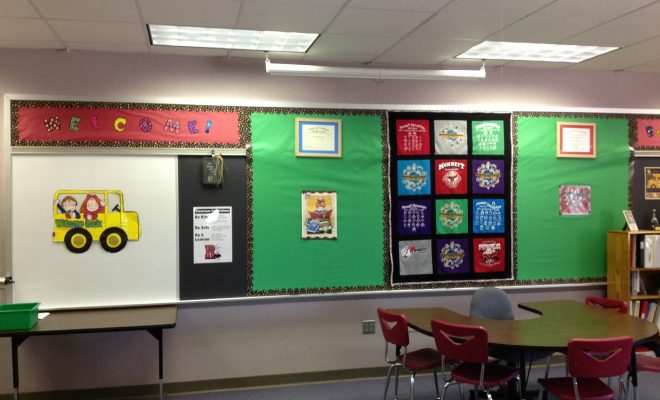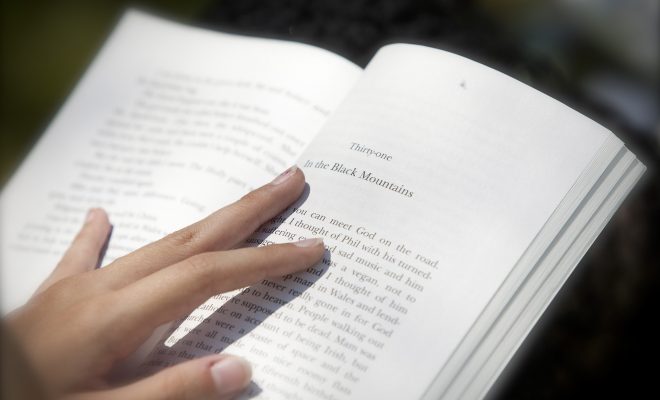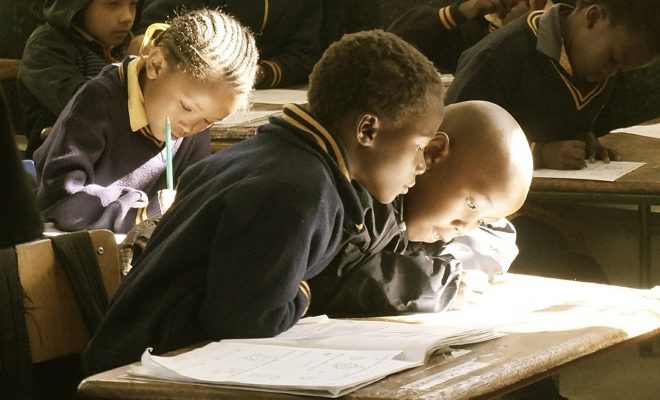Who Invented Homework?

Homework is a part of life for children, parents, and educators. But who came up with the concept of homework? What happened to make it a standard in education? Here’s a quick rundown of homework’s history in the United States.
Homework’s Origins: Myth vs. History
Who was the first person to invent homework? We may never know for sure. Its history has been shaped by a variety of persons and events. Let’s start with two of its key influencers.
The Dubious Roberto Nevelis of Venice
Homework is typically credited to Roberto Nevelis of Venice, Italy, who invented it in 1095—or 1905, depending on your sources. However, upon closer examination, he appears to be more of an internet legend than a genuine figure.
Horace Mann
Horace Mann, a 19th-century politician and educational reformer, was a pivotal figure in the development of homework. Mann, like his contemporaries Henry Barnard and Calvin Ellis Stowe, was passionate about the newly unified nation-state of Germany’s obligatory public education system.
Mandatory tasks were assigned to Volksschulen (“People’s Schools”) students to complete at home on their own time. When liberals like Johann Gottlieb Fichte were striving to organize support for a unified German state, this demand highlighted the state’s authority over the individual. While homework had been established before Fichte’s participation with the Volksschulen, his political goals can be considered a catalyst for its adoption as an educational requirement.
Horace Mann was a driving force behind creating government-run, tax-funded public education in America. During a journey to Germany in 1843, he witnessed the Volkschule system at work and brought back several of its ideals, including homework.
The American Public School System’s Homework
Homework has not always been generally embraced, despite being a near-universal element of the American educational experience. Parents and educators continue to dispute its benefits and drawbacks, as they have for more than a century.
The 1900s: Anti-homework sentiment and homework bans
A homework prohibition was enacted in the Pacific state of California in 1901, barely a few decades after the idea of homework crossed the Atlantic. The restriction, which applied to all students under the age of 15, lasted until 1917.
Around the same period, renowned magazines such as the Ladies’ Home Journal and The New York Times published remarks from parents and medical professionals portraying homework as harmful to children’s health.1930: Homework as Child Labor
A group called the American Child Health Association deemed homework a form of child labor in 1930. This statement represented a less-than-favorable view of homework as an appropriate educational method, given that laws barring child labor had recently been implemented.
Early-to-Mid 20th Century: Homework and the Progressive Era
Teachers began looking for ways to make homework more personal and meaningful to individual students throughout the second half of the 19th and 20th-century modern educational changes. Could this be the origin of the enduring essay topic, “What I Did on My Summer Vacation?”
The Cold War: Homework Heats Up
Following WWII, the Cold War heightened tensions between the United States and Russia in the 1950s. The flight of Sputnik 1 in 1957 increased Russian-American enmity, particularly among their youngsters.
The best way to ensure that American students did not fall behind their Russian counterparts, especially in the extremely competitive fields of science and mathematics, was for education officials in the United States to assign demanding homework.
The 1980s: A Nation at Risk’s Homework
What Works, a 1986 publication from the US Department of Education, listed homework as one of the most effective instructional tactics. This followed three years after the groundbreaking study
Early 21st Century: Homework Bans Return
Many educators and other concerned individuals are questioning the value of homework once again. On the subject, several publications have been published.
These include:
- The Case Against Homework: How Homework Is Hurting Our Children and What We Can Do About It by Sarah Bennett and Nancy Kalish (2006)
- The Battle Over Homework: Common Ground for Administrators, Teachers, and Parents (Third Edition) by Duke University psychologist Dr. Harris Cooper (2007)
- The End of Homework: How Homework Disrupts Families, Overburdens Children, and Limits Learning by education professor Dr. Etta Kralovec and journalist John Buell (2000)
Homework is still a contentious topic nowadays. Some schools are enacting homework bans similar to those enacted at the start of the century. Teachers have varying opinions on the bans, while parents attempt to cope with the disruption to their daily routine that such bans cause.






